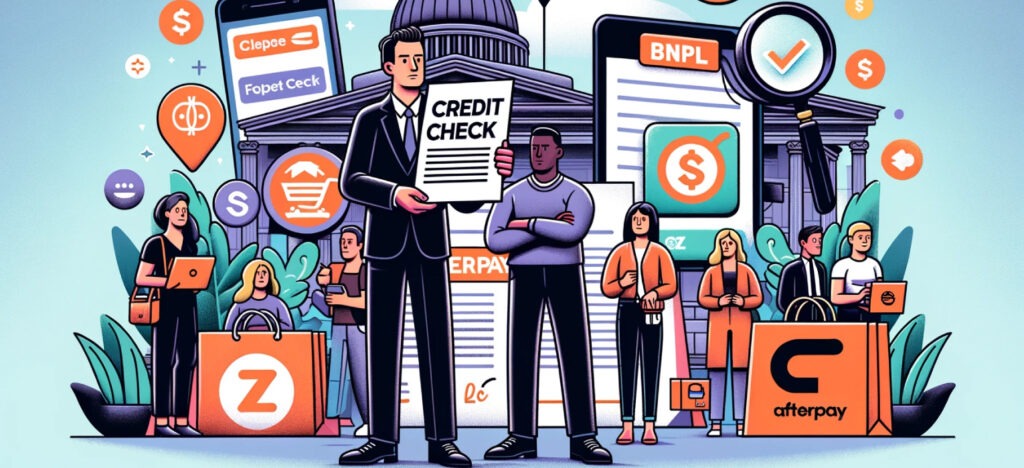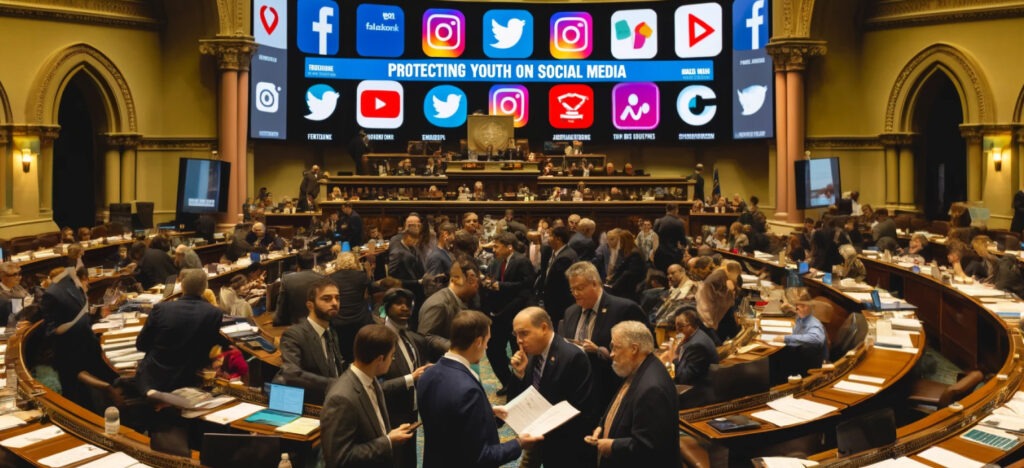Australia takes steps to control 'buy now, pay later' with credit check law

The Australian government on Wednesday introduced legislation that would require buy-now-pay-later (BNPL) companies to conduct credit checks on borrowers, with the aim of regulating the fast-growing sector popular with young people, as well as other consumer credit products.
BNPL companies generally offer short-term, interest-free loans on the spot with minimal credit checks, which spread payments over weeks or months and are used primarily by cash-strapped individuals who take on debt, sometimes more than they can afford.
Until now, the industry has avoided the rules that apply to credit card providers, as BNPL companies earn most of their revenue through merchant fees, rather than interest payments.
Under the proposed new laws, BNPL providers must hold an Australian credit license, placing them under the supervision of the corporate regulator, the Australian Securities and Investments Commission.
"If it looks and acts like credit, then it should be regulated as such," Financial Services Minister Stephen Jones said in a statement.
The legislation would establish a new category of "low-cost credit" to reflect BNPL's lower risk and cost compared to other forms of regulated credit, he said.
BNPL's business soared amid an online shopping spree fueled by stimulus payments during COVID-19 and ultra-low interest rates, but concerns about repayments have been mounting as Australia struggles with persistent inflation.
Generation Z consumers, or those between the ages of 18 and 25, make up the majority of BNPL users, according to data from fintech companies.
Australia, home to about a dozen listed BNPL providers, had about 7 million active BNPL accounts with an average transaction amount of A$136, according to treasury data released last year.
Peter Gray, co-founder of BNPL's Zip Co (ZIP.AX), welcomed the government's announcement and said the legislation would be aligned with the company's existing practices.
Afterpay, owned by Jack Dorsey's Block Inc (SQ.N), did not immediately respond to a request for comment.
Collaboration: Grupo Auge | Reuters (International).




